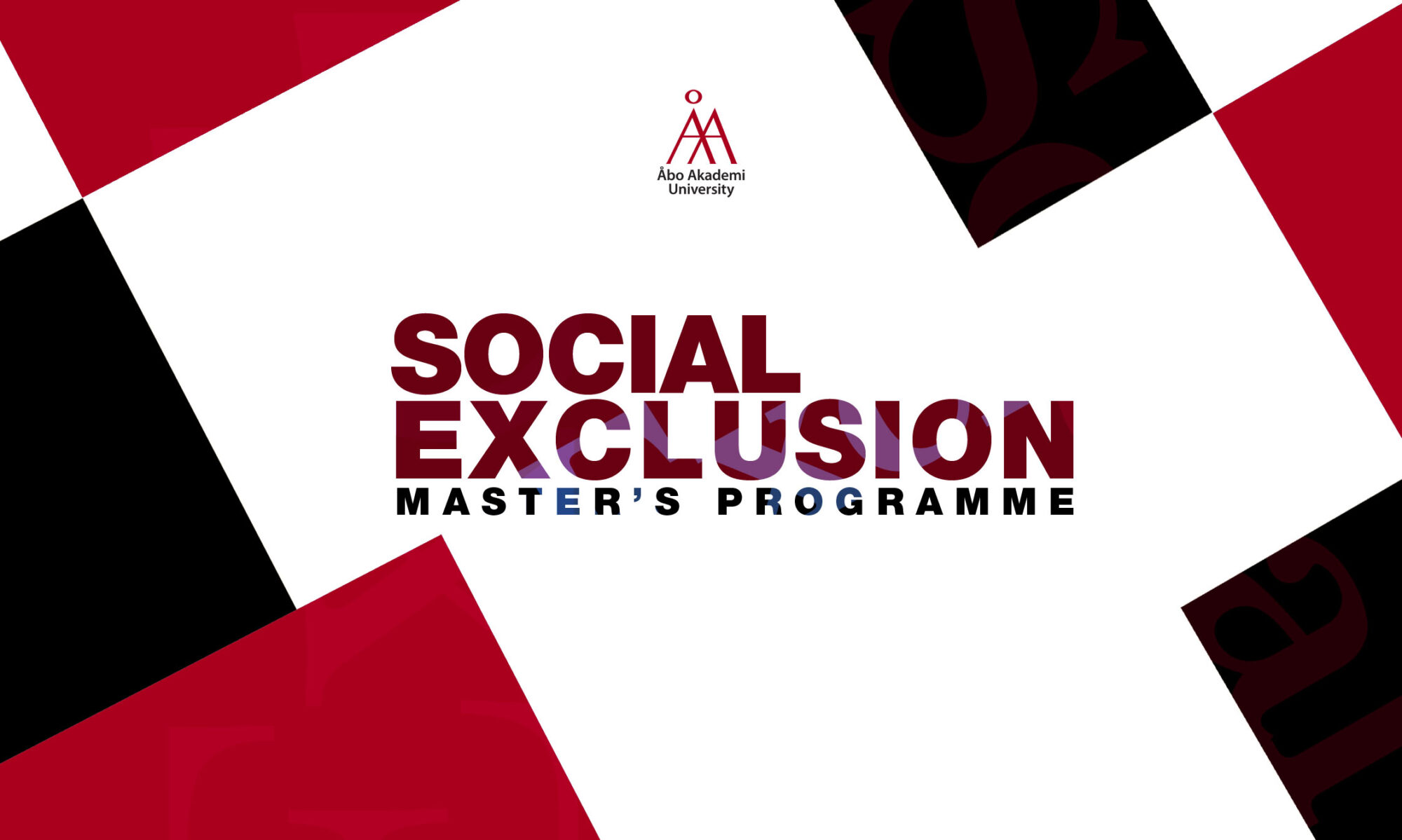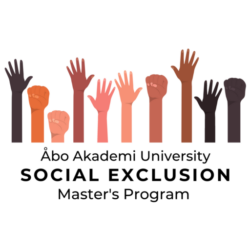Heading towards extinction?
Indigenous rights in Africa : the case of the Twa of the Kahuzi-Biega National Park, Democratic Republic of Congo
By Albert Kwokwo Barume
The book, or rather report as the author Albert Kwokwo Barume refers to it, discusses the case of the Twa people of the Kahuzi-Biega forest in South Kivu Province in Eastern Congo. The report aims to give recognition to the Twa people and to support their legal rights as the indigenous people of the Kahuzi-Biega National Park, where more than 6000 Twas were forcefully removed in the 1960s and the eviction continued into the 1980s. Albert also argues that the indigenous status of the Twa people, and other African indigenous people are marginalized within the international debate and face continuous hostility. The report also strives to challenge the assimilationist approach, which the Congolese Government has adopted.
The report starts with presenting the historical and political context of the Twa people and especially highlights the impact of colonization has had and have on indigenous populations. Secondly, the report discusses the concept of indigenous peoples within the African context, along with addressing the lack of African indigenous matters within international debates and definitions. This section also gives a more in-depth understanding of the Twa people and their diversity and marginalization. Thirdly the report presents the Kahuzi-Biega National Park, along with discussing the human impact on the national park and its local inhabitants. The following two section of the report discuss both the eviction of the Twa people from the Kahuzi-Biega National Park, which lead to insecurities, such as deprivation of living conditions and denial of justice, in addition to addressing questions regarding land rights. The final section of the report is called “Recommendations”, namely what actions need to be taken to ensure the cultural heritage, land rights and dignity of the Twa people.
The report, which was published in 2000, captures various contemporary discussion of indigenous communities within Africa. These discussion become more vital when we see the active erasures of people due to the availability of resources, for instance within Congo and in regards to the cobalt mines. Within these horrible situations, the lack of right of both land and resources results in the ignoring of the people, indigenous and local communities, where the value is rather places on the resources than the well being of the land and its people.
Albert Kwokwo Barme has a PhD in Law from the University of Essex, where he focused on indigenous peoples’ rights in Africa. He specializes in issues happening at the junction of conflict, and in issues related to natural resources, local communities, the environment and security. He is currently the Security Council Expert on Mali at the United Nations.


